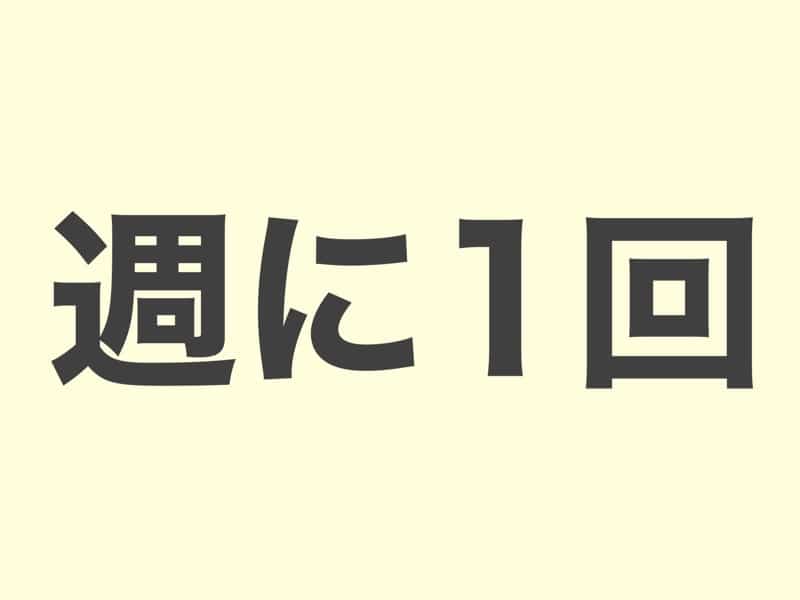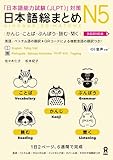In Japanese, knowing how to express time intervals is incredibly useful, especially for describing routines and habits. Whether you’re planning to meet friends, schedule study sessions, or set goals, phrases like “once a week” are essential. Let’s dive into the meaning and usage of this expression, along with other handy time-related phrases.
Durations in Japanese
| A day | 1日(いちにち) | ichi nichi |
| A week | 1週間(いっしゅうかん) | isshuukan |
| A month | 1ヶ月(いっかげつ) | ikkagetsu |
| A year | 1年(いちねん) | ichi nen |
Express “times” in Japanese
| Once | 1回(いっかい) | ikkai |
| Twice | 2回(にかい) | ni kai |
| Three times | 3回(さんかい) | san kai |
| Four times | 4回(よんかい) | yon kai |
| Five times | 5回(ごかい) | go kai |
説明 (Explanation)
文法(Grammar):[時間]+に+[頻度]
意味(Meaning):何かがどれくらいの頻度で起こるかを表す際に、時間の長さと頻度を組み合わせることができます。
英語(English):In Japanese, you can express how often something occurs by combining a time duration with a frequency. The structure typically follows the pattern of [time duration] + に(ni) + [frequency].
If you want to ask questions about how many times, here is the lesson.
例文 (Examples)
- 1日に3回コーヒーを飲みます。
- 1週間に3回ジムに行きます。
- 1ヶ月に4回ぐらい家族に電話します。
- 1年に2回ぐらい旅行します。
ひらなが (Hiragana)
- いちにちにさんかいコーヒーをのみます。
- いっしゅうかんにさんかいジムにいきます。
- いっかげつによんかいぐらいかぞくにでんわします。
- いちねんににかいぐらいりょこうします。
Romaji
- ichinichi ni sankai koohii o nomimasu.
- ishuukan ni sankai jimu ni ikimasu.
- ikagetsu ni yonkai gurai kazoku ni denwa shimasu.
- ichinen ni nikai gurai ryokou shimasu.
英語翻訳 (English Translation)
- I drink coffee three times a day.
- I go to the gym three times a week.
- I call my family about four times a month.
- I travel about twice a year.





コメント